2 min read
Gospel-Centered from the Start
“Let us hold unswervingly to the hope we profess, for He Who promised is faithful…Jesus Christ is the same yesterday, today, and forever.” (Hebrews...
3 min read
 Barbara Comito, former marketing director
:
December 6, 2013
Barbara Comito, former marketing director
:
December 6, 2013
Holly Simons is one of the extraordinarily talented volunteer professionals giving sacrificially of their time and talents to the Union Gospel Mission. Holly is a board-certified psychiatric nurse and works with the Men’s Recovery team in a variety of capacities. She screens new referrals and looks at their history with regard to mental health and medications. She also notes past drug use that might affect cognitive functioning. She co-directs psychodrama therapy – a form of role-playing used to help residents deal with old wounds. And she is a healthy female for men to talk to.
Holly took some time to sit down with UGM writer, Barbara Comito, and explain the connection between mental health, addiction and homelessness.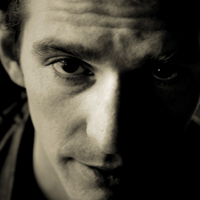
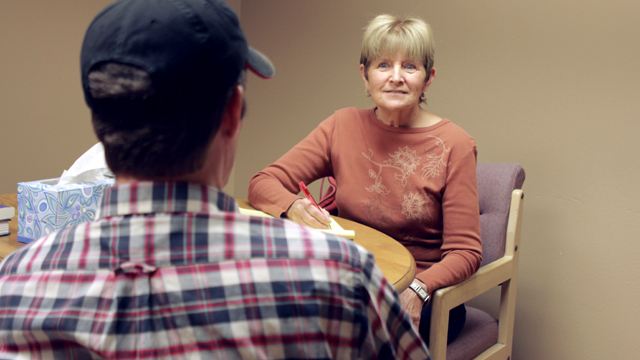
UGM: You mentioned there’s a wide spectrum of mental disorders from sleep disorders to thought disorders and including the seriously mentally. Could you elaborate on that?
Holly: The Diagnostic and Statistical Manual of Mental Disorders (DSM-5), published by the American Psychiatric Association, is kind of like a dictionary of mental disorders. When we talk about the seriously mentally ill – that’s what most people tend to think of when they think of “mental illness.” They picture people seen walking the streets, talking and gesturing to themselves. The seriously mentally ill can be chronic and require psychotropic medications to remain stable.
Then, there’s the less severe disorders – mood disorders, anxiety disorders, compulsive disorders, PTSD,- and addiction is in there as a disorder. There are so many different disorders in this book that you could probably pick one and know somebody, if not yourself, who has one.
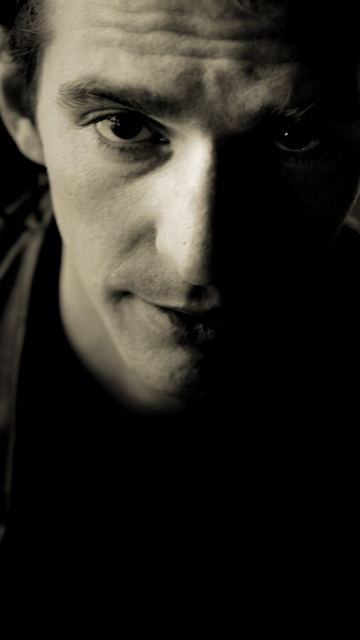
UGM: When it comes to the Union Gospel Mission and the people we are able to help with the resources we have…at what level of mental illness can we make an impact?
Holly: In looking at the Recovery program, which is the area in which I volunteer, the seriously mentally ill would have a very difficult time doing the program in that it is such an intense program. Looking at emotions, looking at the past, looking at trauma, even if they’re stable on medication, it would be very difficult for them to process the change emotionally to benefit from the program.
UGM: But, if I understand correctly, UGM is in a position to make a significant difference for people with lesser mental disorders. Is that correct?
Holly: As far as looking at addictions and mental disorders and what helps men stay in recovery, I think this program is incredible. I don’t know of any program that offers what this program offers. The variety of services, the quality of counselors, the treatment program itself as a whole, the support, the safety they provide for these men to be able to address these issues, is unbelievable. I mean, you feel Christ’s love in every area of the program, from when the counselors talk to the men, to the men interacting with each other, it becomes a safe place for them to really look at their anxiety, what’s underneath that anxiety, look at the depression and some of the roots of that depression, go back to the history of some of the traumas. We might push it down and forget about it, but it’s still there, and our body remembers it.
Holly: Our emotions are present way before our ability to cognitively process our environment. You know, it’s kind of like when you think of your mom’s favorite cooking, your favorite meal, you can almost smell it; you remember the kitchen; you remember those things, and that’s the same way with trauma. Trauma is still there. You experience it, such as a war veteran. They remember. When they hear a crash, all at once, they can be right there; their heart rate increases, their pulse increases, their breathing changes, they get hot. It’s the same way with trauma.
One of the things this program creates is a safe place for men to process, so they can really start healing. I always leave UGM having experienced the love of Christ on some level. No wonder I keep coming back.
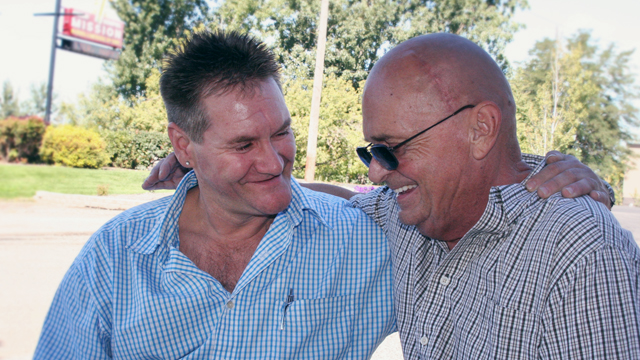
UGM: What is the connection between mental disorders and homelessness?
Holly: You have the anxiety. You have the depression. You have the trauma – the thing with addiction is to escape the painful emotions and thinking that trigger old wounds. If I get drunk or if I shoot up, then I’m not going to feel, and I’m not going to think. So it pushes it down. They feel normal for a change. They don’t feel the pain, but the more you take, then the bigger the problem you’re creating. Now, you’ve isolated yourself from family. You’ve isolated yourself from your children, from your work, so it creates a bigger problem than the one you started with. Then you become homeless, and that cycle continues until there’s some type of intervention. And for some it doesn’t happen, and that’s the sad part.

2 min read
“Let us hold unswervingly to the hope we profess, for He Who promised is faithful…Jesus Christ is the same yesterday, today, and forever.” (Hebrews...

9 min read
To celebrate 75 years of serving the Inland Northwest, we are spending the year remembering our history and the faithfulness that built us and...

2 min read
In 2026, Union Gospel Mission Inland Northwest is approaching our 75th Anniversary! This is a milestone that invites gratitude and reflection, and...
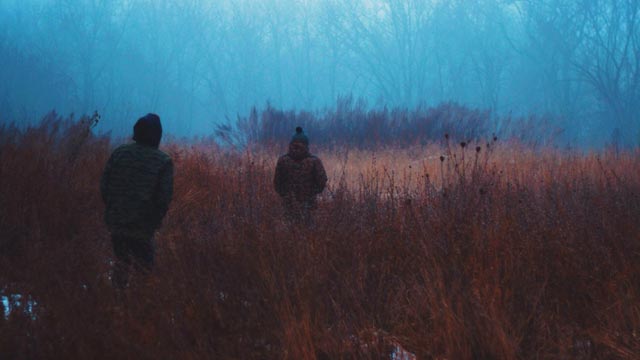
It’s hard to talk about homelessness without talking about mental illness. An oft-quoted estimate suggests that as many as one-third of homeless...
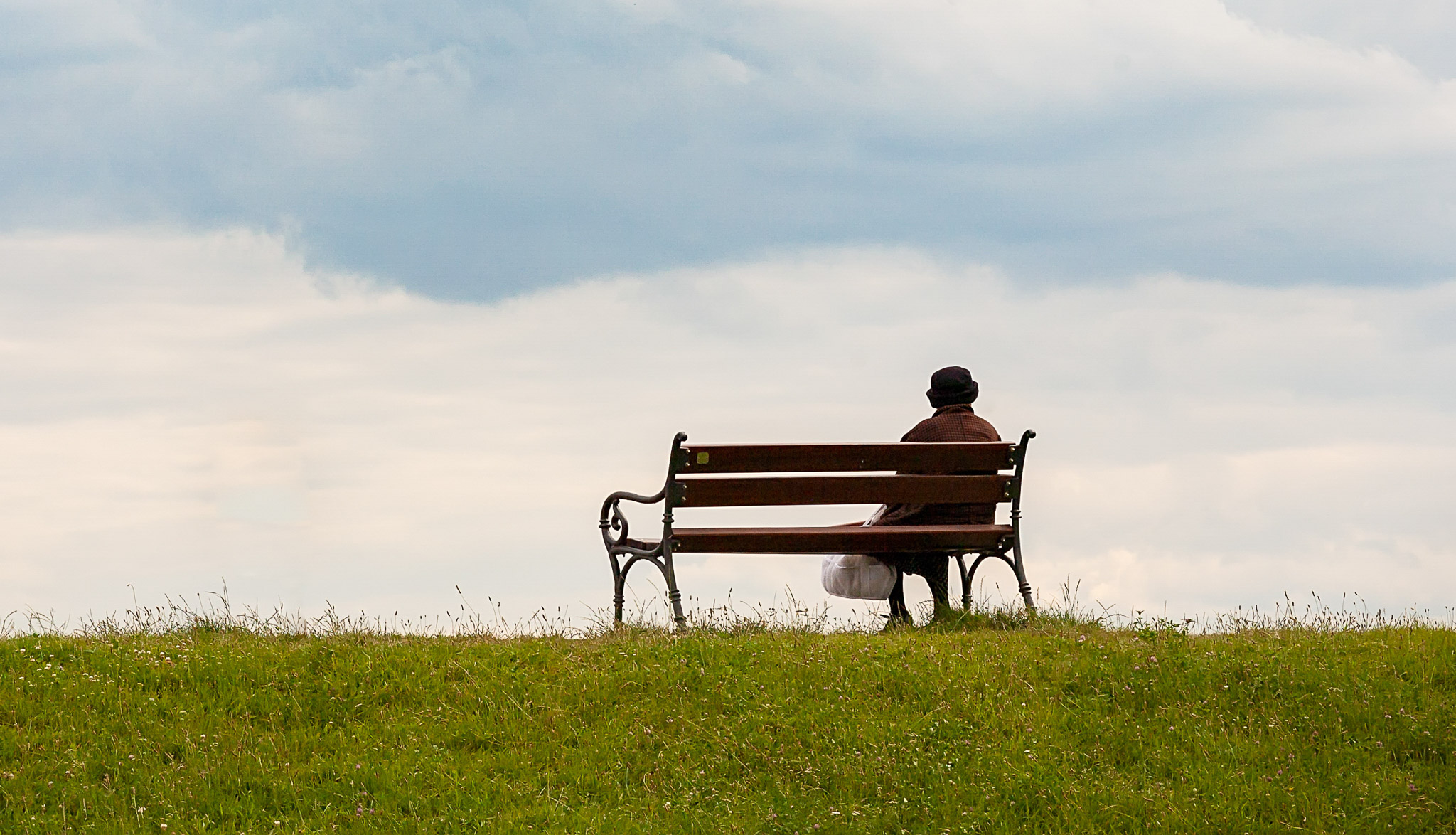
At Union Gospel Mission, healing often begins with looking back. As part of our Life Recovery Program, participants are invited to reflect on their...